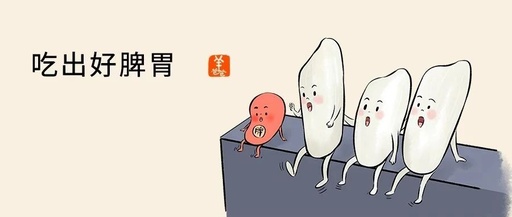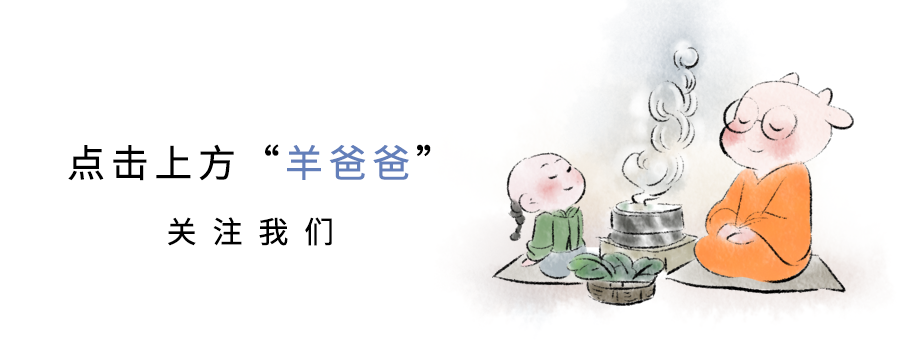As summer begins, the number of people experiencing issues with their 脾胃 (pí wèi) – Spleen and Stomach is gradually increasing. The reasons may include the following:
① Insufficient Yang Qi, weak Spleen: Summer is associated with growth, and everything requires continuous consumption of Yang Qi to function effectively. Those with sufficient Yang Qi fare better, while those with insufficient Yang Qi naturally have weaker 脾胃 (pí wèi), leading to a lack of appetite, unappetizing meals, or 消化不良 (xiāo huà bù liáng) – indigestion.
② Dampness accumulation, Spleen is “stuck”: With rising temperatures and increased rainfall, the Spleen struggles to transform dampness, becoming trapped. This can lead to feelings of lethargy and heaviness in the limbs, causing 头昏 (tóu hūn) – dizziness and fatigue.
③ Excessive cold, harming the Spleen: The Spleen prefers warmth, and excessive consumption of cold drinks and chilled fruits can cause harm, forcing the Spleen to work hard to process these damages, which can lead to 腹泻 (fù xiè) – diarrhea.
Therefore, in summer, it is essential to care for the Spleen and Stomach by replenishing and enhancing their ability to transform and transport, while also repairing them from the effects of cold and dampness, ensuring they remain vibrant and nourishing to the body.
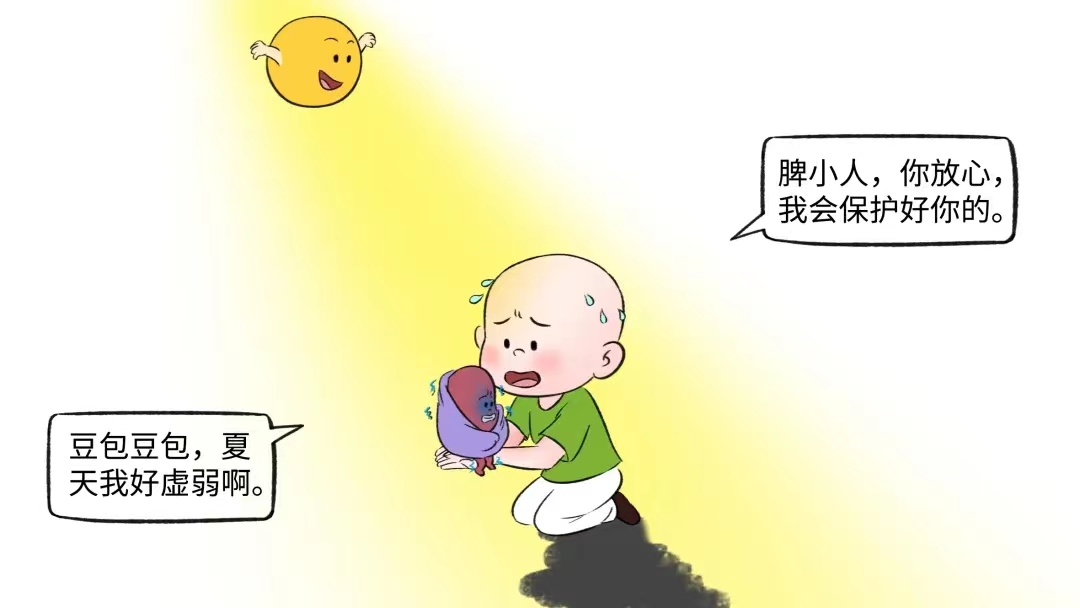
To nourish the Spleen this summer, one should consume more “甘 (gān) – sweet” foods.
The nature of the Spleen dictates that its nourishment should align with its characteristics.
According to the “辅行诀 (fǔ xíng jué) – Treatise on Auxiliary Actions”: “The virtue of the Spleen is in its gentleness, and it should be nourished with sweetness.” Teacher Xu Wenbing interprets this as: “The best state of the Spleen is calm and unhurried, absorbing slowly.”
Eating too hastily or consuming overly strong flavors is not what the Spleen desires. Sweetness is the most suitable flavor for the Spleen’s leisurely state.
Many people equate sweetness with sugary, rich foods like cakes and ice cream. However, in Traditional Chinese Medicine, sweetness encompasses both the natural taste of food and its long-term effects on the body. Generally, foods that nourish and replenish, harmonizing medicinal properties, often possess a sweet flavor.
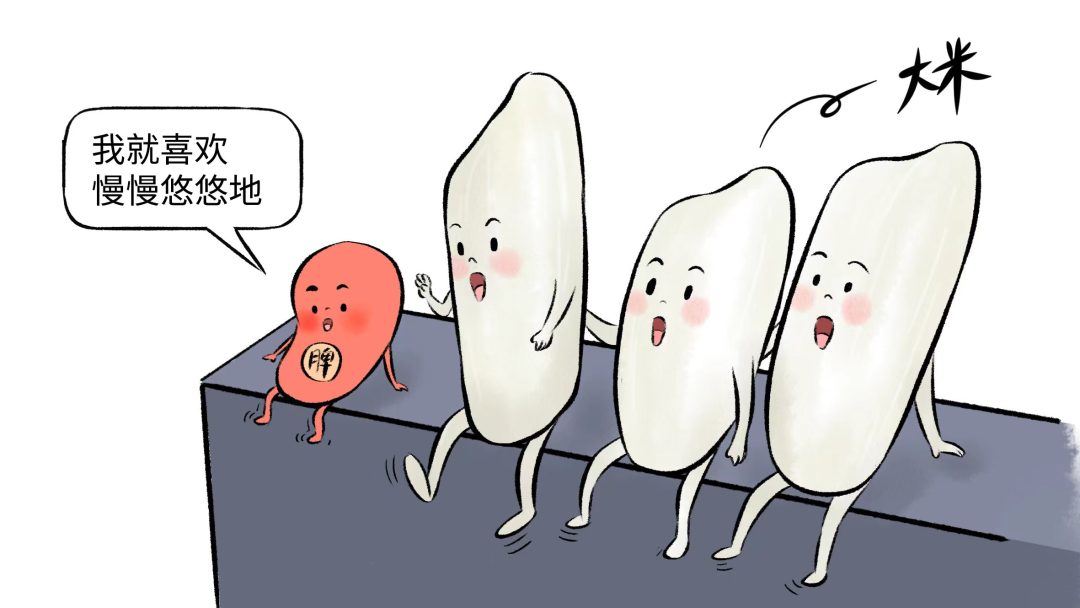
The most representative of these is rice. It is sweet, neutral in nature, benefits the Spleen and Stomach, and alleviates thirst.
According to the “粥记 (zhōu jì) – Record of Porridge”: “Every morning, eat a large bowl of porridge, on an empty stomach, when the Spleen is weak, the energy from grains will arise, the nourishment is gentle and extremely soft, harmonizing with the Stomach and Spleen, making it the best dietary secret.” Thus, rice is particularly suitable for nourishing the Spleen and Stomach, especially when cooked into porridge, which is easier to digest and enhances the transformation of fluids.
Those who sweat a lot should drink it regularly to replenish fluids and strengthen the body’s defenses; those without appetite should drink it to replenish Spleen and Stomach Qi, naturally enhancing appetite; and those who are ill can recover faster by consuming rice porridge.
Rice is not only gentle and nourishing but also highly versatile. Adding sweet potatoes makes it a porridge that replenishes Qi; adding jujubes turns it into a blood-nourishing porridge. It pairs well with pickled vegetables and sour dishes to stimulate appetite, and with spicy or bitter dishes to mitigate their effects.
Thus, rice porridge provides a gentle and continuous nourishment to the Spleen and Stomach.
Among the seasonal vegetables in summer, the most recommended sweet vegetable is lotus root. The “本草经疏 (běn cǎo jīng shū) – Compendium of Materia Medica” states: “Raw lotus root is sweet and cold; cooked lotus root is sweet and warm. It enters the Heart, Spleen, and Stomach meridians.”
Although both raw and cooked lotus root are sweet, they differ in temperature, suitable for different needs.
In summer, those with excess Heart fire, thirst, or prone to heat can consume raw lotus root, such as the sugar-coated or garlic lotus root dishes we often prepare, which clear heat, cool the blood, and generate fluids; for daily health maintenance or those with weak and cold Spleen and Stomach, soft, sweet cooked lotus root is suitable, as it strengthens the Spleen and opens the appetite, while also aiding digestion.
There is a saying that “men do not part with leeks, and women do not part with lotus root,” as women spend their lives nourishing blood. Cooked lotus root soup nourishes the Stomach and Yin, having blood-nourishing effects. The “随息居饮食谱 (suí xī jū yǐn shí pǔ) – Dietary Records of Sui Xi Ju” states: “Lotus root that is fat, white, and purely sweet is good. For those with Yin deficiency, excessive Liver Yang, internal heat, blood deficiency, and various bleeding disorders, drinking concentrated lotus root soup daily will lead to self-healing over time, without the need for other medications.”
In addition, during summer, one can frequently consume sweet and warm ingredients to replenish Spleen Yang: longan, cherries, walnuts, jujubes, peaches, lamb, pig stomach, chicken, beef, shrimp, etc.; and sweet and mild ingredients to nourish Spleen Yin: tremella, winter melon, white lentils, yam, poria, water chestnuts, lotus seeds, etc.
To repair the “deficient cold damp” Spleen and Stomach, one must consume the right “辛 (xīn) – pungent” foods.
Even those with a weak and cold Spleen and Stomach may find it hard to resist cold drinks in summer, especially those with strong internal heat.
However, as Teacher Xu Wenbing says: In summer, everything must grow and expand; if Yang Qi is frozen, it may sow the seeds of illness that could manifest in winter. The best way to thaw is to consume pungent flavors.
① Pungent belongs to Yang, which can stimulate the flow of Qi and blood, dispelling cold and dampness from the Spleen and Stomach;
② Pungent can dry dampness, making it beneficial to consume pungent foods in damp and rainy areas to enhance the body’s resistance to dampness.
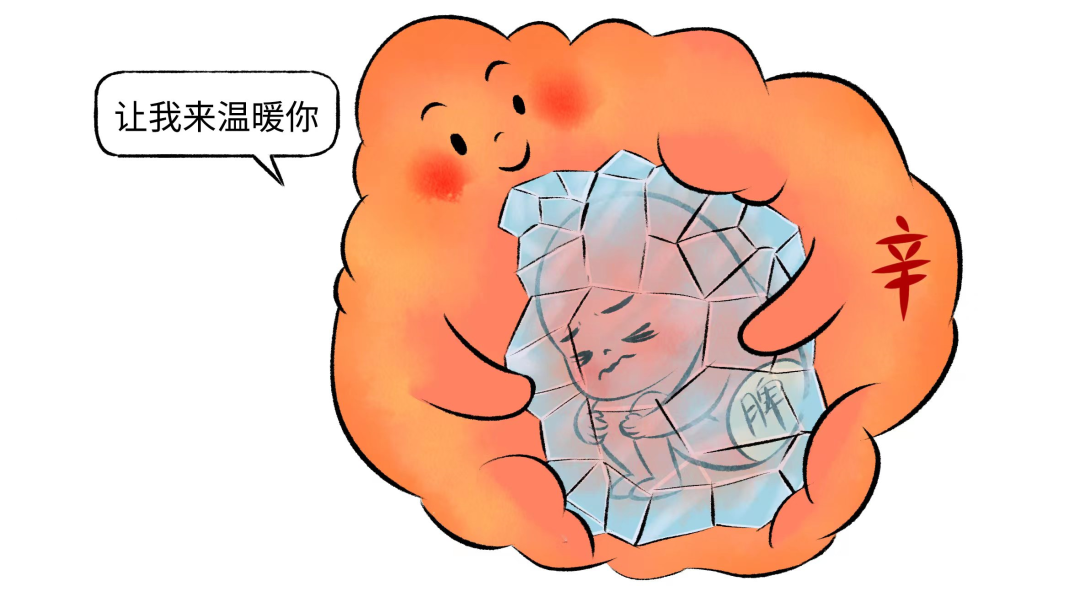
However, pungent foods should not be consumed indiscriminately. For the Spleen, the main function of pungent is to “drain.” “Drain” is not a very positive term; many people experience diarrhea after eating hot pot, which is a form of “drain,” damaging the body’s Yin fluids and depleting vital energy.
So, in summer, while thawing the Spleen and Stomach, one must not damage the body’s vital energy. How should pungent flavors be consumed? Here are two recommended recipes.
1. Ginger Sugar Perilla Drink, a gentle sweet beverage that lifts Yang without harming the Spleen and Stomach
Ingredients: 3g perilla leaves, 3g fresh ginger, shredded, steeped in hot water for 10 minutes, then stir in 15g brown sugar, and drink warm twice daily.
This recipe can serve as a preventive measure during the cold season, a remedy for the early stages of wind-cold, or a protective detox after a cold seafood meal.
Perilla can dispel the toxins from fish and crabs, while ginger can eliminate cold and dampness. The combination of these two pungent ingredients enhances the stimulating and dispersing power. Therefore, adding a bit of brown sugar “to soften the stimulation” allows the body to better tolerate the effects. It’s like transforming a waterfall into a gentle stream, turning a tsunami into small waves, making it easier for the Spleen and Stomach to handle.
In Traditional Chinese Medicine, this method is called “辛甘化阳 (xīn gān huà yáng) – harmonizing pungent and sweet to transform Yang,” meaning that the combination of pungent and sweet flavors creates a dispersing and Qi-moving force, which is the power of Yang Qi. After consuming cold or seafood dishes, or when feeling that the Spleen and Stomach are cold and slightly nauseous, this uplifting sweet drink can be consumed more frequently.
2. Mapo Tofu, the best dish to eliminate dampness, clear heat, and stimulate appetite
In summer, when dampness is high and appetite is low, adults may not be accustomed to spicy dishes, or children may be too young to eat spicy food. You can try this child-friendly version of Mapo Tofu.
This dish primarily consists of tofu and minced pork, which are mildly sweet and cool, clearing heat and eliminating excess fire. The ingredients include scallions, ginger, garlic, and Sichuan pepper, which are pungent seasonings that counteract the coldness of tofu, reducing harm to the Spleen and Stomach while stimulating appetite and dispelling dampness from the region. The key point is: it’s not too spicy, suitable for children over 3 years old.
If someone is Yang deficient and cold-sensitive, they can add more Sichuan pepper or sprinkle some chili powder; those with Yin deficiency and excess heat should refrain from doing so.
Child-friendly Mapo Tofu Recipe
Main ingredients: 300g tofu, 100g minced pork
Instructions:
1. Clean and cut the tofu into cubes;
2. Heat oil in a pan, add doubanjiang (fermented broad bean paste), stir-fry for a while, then add minced ginger and garlic, stir-fry until fragrant, then add minced pork, cooking until the oil turns bright red;
3. Add water to boil, then add soy sauce, salt, and tofu, cooking on high heat for about 3 minutes;
4. Thicken with cornstarch slurry, serve on a plate, and sprinkle with Sichuan pepper and chopped scallions.
My child loves this Mapo Tofu, often asking for extra rice. However, it’s important to note that tofu contains substances that are not easily absorbed, and frequent consumption can lead to bloating or diarrhea in children, so it should be eaten once or twice a week.
After discussing the effects and roles of sweet and pungent flavors on the Spleen and Stomach, one might wonder whether to consume bitter, salty, or sour foods in summer. In fact, the five flavors correspond to the five organs, and the main principle is to eat according to the body’s sensations. In summer, sweating may call for some salty foods, thirst may require sour foods, and to clear heat, bitter foods can be consumed. If the body feels good, continue eating; if not, stop. There’s no need to overly restrict or indulge.
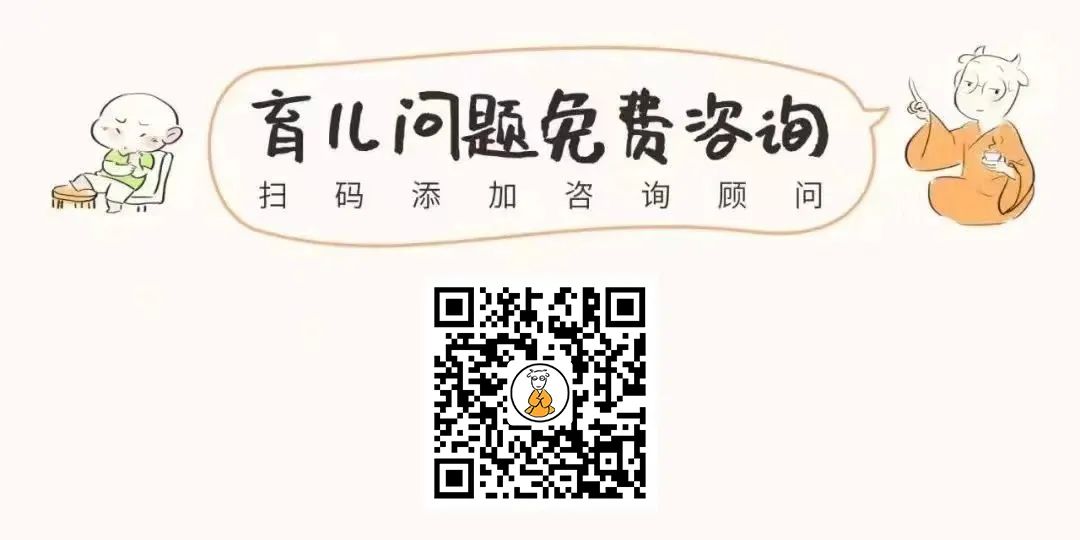 Written by | Xiao WuEdited by | Xiao WuIllustration by | Jasmine RedProofread by | Ye Zi
Written by | Xiao WuEdited by | Xiao WuIllustration by | Jasmine RedProofread by | Ye Zi

